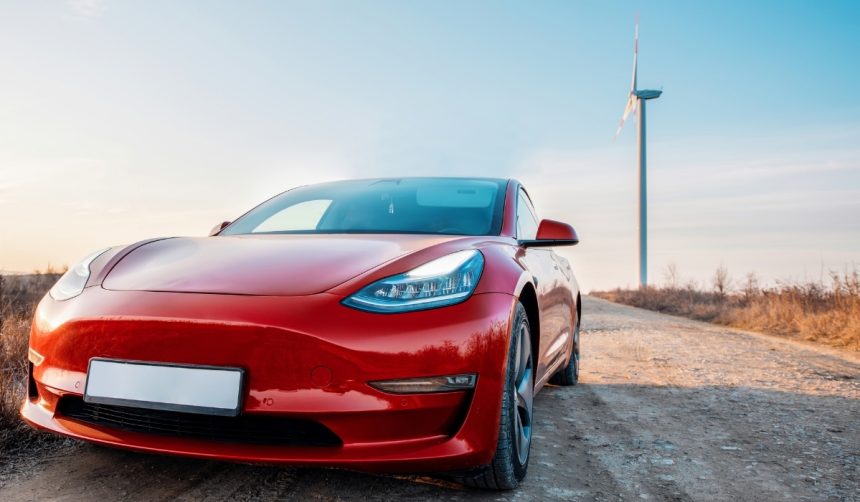India is taking strategic measures to regulate foreign investments in its automotive sector, particularly targeting Chinese electric vehicle manufacturer BYD. This move reflects India’s broader efforts to safeguard its domestic industries and maintain competitive market conditions. The decision comes at a time when India is actively seeking to bolster its own electric vehicle infrastructure and attract investments from alternative global players.
Why Is India Blocking BYD’s Investments?
Commerce Minister Piyush Goyal emphasized the need for caution regarding strategic interests and investment partners. “As of now, it is a no” to BYD Co., indicating a clear resistance to the Chinese EV giant. This stance is part of India’s policy that mandates government approval for investments from neighboring countries, aiming to prevent potential economic and strategic dependencies.
What Are the Concerns with Chinese Automakers?
Indian authorities are apprehensive about the opaque ownership structures of Chinese firms and their connections to the Communist regime and military. Additionally, concerns about China’s non-market practices, such as subsidies and loan write-offs, contribute to a distorted competitive landscape. These factors have led to the rejection of BYD’s $1 billion joint venture with Megha Engineering and deterred other companies like Great Wall Motor Co. from entering the Indian market.
How Is Tesla Advancing in India?
In contrast, Tesla is making significant strides in India’s automotive sector. The company has recently hosted a hiring event in Mumbai, establishing showrooms in major cities like Mumbai and Delhi. Furthermore, Tesla has begun the certification and homologation process for its Model Y and Model 3 vehicles, ensuring compliance with India’s road regulations. This progress highlights Tesla’s commitment to expanding its footprint in the Indian market.
Tesla is also reportedly collaborating with India’s Tata Group to develop a local supply chain for domestic parts production. Discussions between Tesla and Tata Group are focused on manufacturing components such as castings, forgings, electronics, and fabrication items. This partnership aims to enhance Tesla’s production capabilities in India and support the country’s automotive sector by fostering local manufacturing and innovation.
The current scenario in India showcases a clear preference for fostering domestic growth and carefully selecting foreign investments that align with the country’s strategic and economic objectives. By limiting the entry of Chinese automakers like BYD and supporting companies like Tesla, India is positioning itself to create a robust and competitive electric vehicle market that benefits both consumers and the local economy.
India’s cautious approach towards Chinese investments contrasts with its proactive engagement with Western companies, reflecting a strategic balance between safeguarding national interests and encouraging technological advancement. This strategy not only protects domestic industries but also ensures that the growth of the electric vehicle sector is sustainable and aligned with India’s long-term economic goals.
India carefully regulates foreign investments in its automotive sector, favoring strategic partnerships.









